Who Is Imam Al Ghazali? (Biography, Books, Quotes)
Iran, a country long known for its ancient civilizations, culture, and history, has spawned many spiritual and prudent poets and philosophers. These wise men left countless valuable books and poems that, even to this day, have gathered millions of readers. Imam Al Ghazali is a cherished philosopher and scholar of the Seljuk dynasty in Persia. By reading the old Persian texts, you might have come across worthwhile sentences or stories that were written by the brightest Persian philosophers. Many of their quotes are used as proverbs or aphorisms in different countries. Imam Al Ghazali created a huge revolution in the science of philosophy and Sufism.
Stay with us to learn more about Al Ghazali and his notable works.
Imam Al Ghazali Biography
Abu Hamed Muhammad bin Muhammad al-Ghazali al-Shafa’i, nicknamed Hujjat al-Islam, Zain al-Din al-Tusi, and Imam Muhammad al-Ghazali, was born in 1058 during the reign of the Seljukian Empire in the city of Tus located in Khorasan Razavi Province northwest of Iran. He was an Iranian theologian, philosopher, scholar, rationalist, and jurist and one of the greatest Sufis of his time.
His father was not a wealthy man. He worked in making wool and selling them in a local market. Al Ghazali, who was known for his intelligence and sharp mind ever since his childhood, began his preliminary education in his hometown with Ahmed Razkani, who was entrusted by his father to learn literary and religious sciences from Razkani. After Razkani’s death, he went to a school in Tus to continue his studies there. Upon finishing school, Imam Al Ghazali went to Gorgan Province for a while and later returned to Tus. He continued studying religious subjects in Tus for another three years.
He then went to Neyshabur, a city in the northwest of Iran, and participated in the teachings of Imam Al-Harameyn Joveyni. Because of his hard work and dedication in studying these teachings, he was considered one of the elders and expert scholars in a very short time.
After mastering all Islamic sciences, he journeyed to Baghdad to visit the Seljukian minister, Khwaja Nizam al-Mulk Tusi and was welcomed and treated with respect. Al Ghazali had several arguments with the elders of the religious classes of Baghdad; however, he was triumphant by presenting his abundant scientific knowledge. He was also favored by many scholars of that period.
What was the major work of Imam Ghazali?
Al Ghazali gained extraordinary expertise in the field of sciences such as theology, jurisprudence, philosophy, mysticism, ethics, and Islamic principles. He was appointed as a teacher at the school by Khawaja Nizam al-Mulk Tusi, the minister of the Seljuk government, and trained many students.
Imam Al-Harameyn Joveyni, Qazi Abul Fatah Hakim Tusi, Muhammad bin Ahmad Khowari, and Abu Suhail Muhammad bin Abdullah Hafsi were among the teachers of Imam Al Ghazali. Also, Abul Khattab and Ibn Aqeel, one of the elders of the Hanbali school, were also among his students.
Imam Al Ghazali spent all his life studying, teaching, and writing. He went to Syria and stayed there for nearly two years. For some time, Ghazali was a devout person of the Umayyad Mosque, also known as the Great Mosque of Damascus. Later, he traveled to Jerusalem, yet his love for his homeland brought him back to Tus.
He stayed in Tus for ten years to write the book “Ihya’ Ulum al-Din” (The Revival of the Religious Sciences), which was his most renowned work during his isolation. Imam Al Ghazali decided to step out of his seclusion and visit the city of Neyshabur to start teaching in the Nizamiya School of this city.
After obtaining his high academic rank, he was appointed as a professor at the Nizamiya School of Baghdad for four years by Khwaja Nizam al-Mulk Tusi. But sometime later, due to physical illness and his deep doubts caused by his personal studies in Islamic philosophy, Ghazali decided to give up teaching and hand over his position to his brother Ahmad.
While Al Ghazali was around 53 years old, he died in his hometown of Tus on 19 December 1111 and was buried in the ancient town of Tabran in Tus.
Imam Al Ghazali Books
Imam Al Ghazali wrote valuable works in various fields, such as Revival of Religious Sciences and Alchemy of Happiness, which are among the most famous of these works. Al-Ghazali wrote most of his works in Persian and in Arabic. Meanwhile, Al Ghazali explains his thoughts against the opinions of traditional philosophers in his works, along with the presentation of new ideas in philosophy, which led to the formation of strong opposition against him. In these books, we see mentions of what was Imam Al Ghazali’s philosophy like.
The Alchemy of Happiness (Kīmīyā-yi Sa’ādat)
Among the Persian books of Imam Al Ghazali, the Alchemy of Happiness is very valuable. This enjoyable and exceptional book is considered one of the most precious works of the year 1105, which in terms of eloquence of words, smoothness of composition, and lack of artificiality, has no equivalent in the Persian language. The introduction of the book is in four titles: Self-knowledge, God-knowledge, World-knowledge, and the Hereafter.
Incoherence of the Philosophers (Tahāfut al-Falāsifa)
The Incoherence of the Philosophers is a book by Imam Al Ghazali (1110 AD) that criticizes the opinions of philosophers and rejects everyday philosophy. The book is written in Arabic, and Ghazali himself gives a brief but complete and clear outline of the contents and intention of writing the book at the beginning of the book.
After the short introductory sermon, the book reflects an aspect of the book in criticizing and rejecting the views of typical philosophers. Then, the author includes a general list of twenty issues that he will address in detail in the book with numerous sub-headings.
The Revival of Religious Sciences (Ihya’ Ulum al-Din)
The Revival of Religious Sciences was written during his retirement from teaching in the Nizamiya School in Baghdad. Right after his spiritual transformations and doubts and intellectual riots, and as a result of choosing pilgrimage and abandoning his struggles, and during his many years of travel and residence in Damascus, Jerusalem, and Hejaz. He entrusted the outcomes of his Sufi meditations and scholarly studies to The Revival of Religious Sciences.
Deliverance from Error
In this book, Al Ghazali wrote about his life journeys. Ghazali first rejects the laws of the world, philosophy, and esoteric religion and then mentions the only way to salvation is to follow Sufism. In Deliverance from Error, Ghazali does not seek to mention the detailed arguments in his previous books in connection with the rejection of the theories of philosophers, esotericism. In addition, the arguments have been given in detail in his previous books, such as Incoherence of the Philosophers, etc.
Other books written by Imam Al Ghazali illustrating his perceptions about Islam, Sufism, Philosophy, and the world are The Decisive Criterion for Distinguishing Islam from Clandestine Unbelief, The Eternity of the World, The Condensed in Imam Shafi’i’s Jurisprudence (Al-Wajiz fi Fiqh al-Imam al-Shafi’i), and Disciplining the Soul.
Imam Al Ghazali Quotes
- Knowledge without action is madness and action without knowledge is impossible. A knowledge that does not prevent you from committing sins and does not force you to obey God will not prevent you from the fire of hell on Judgment Day. If you don’t act on your knowledge today and try to make up for the past days, you will be one of those who will say: Oh God! Bring us back to the world to commit the right deeds, and then they reply with Fool! You yourself came from there.
- If you obey lust, the qualities of filth, shamelessness, greed, flattery, miserliness, arrogance, and envy will manifest in you, and if you are subdued, the qualities of contentment, self-restraint, shame, piety, and lack of greed will materialize within you.
- The difference between a believer and a worldly seeker:
A believer is busy with thought and lessons, and a hypocrite is busy with greed and desire.
A believer despairs of everyone except the Most High, and a hypocrite has hope in everyone except the Most High.
A believer will sacrifice wealth for religion, and a hypocrite will sacrifice religion for wealth.
A believer obeys and cries, and a hypocrite commits a sin and laughs.
A believer likes solitary and isolation, and a hypocrite likes to be in a crowd and chaos.
Imam Ghazali Stories
Imam Al Ghazali, as one of the famous scholars and mystic researchers, was also among the leaders in various Islamic sciences, including principles of jurisprudence, theology, philosophy, ethics, mysticism, and other Islamic sciences, and he has written valuable works in each of these sciences. His stories and books are very popular among Iranians, and some of his stories are taught in Iranian schools as moral lessons for children. Surely, by reading his ethical writings, you will be astounded with Al Ghazali’s wisdom and insight.
Final Word
Imam Muhammad Al Ghazali was an Iranian philosopher, theologian, and jurist, as well as one of the greatest men of Sufism of the Seljukian Period. Undoubtedly, Ghazali is a comprehensive scholar of Iranian descent and has authored works in various sciences. Therefore, he is a true representation of a treasure of different sciences to the later generations. Imam Al Ghazali had a high position in the science of philosophy and mysticism, and by presenting new ideas in philosophy, he became a global figure.
Are you planning to travel to Iran and looking for an Iran travel agency? Check out our Iran tours and feel free to contact us.

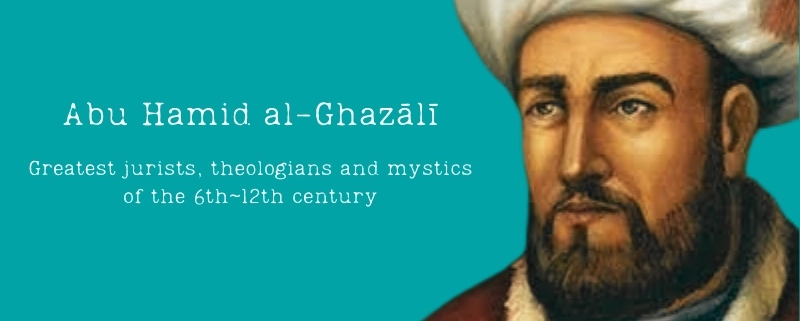
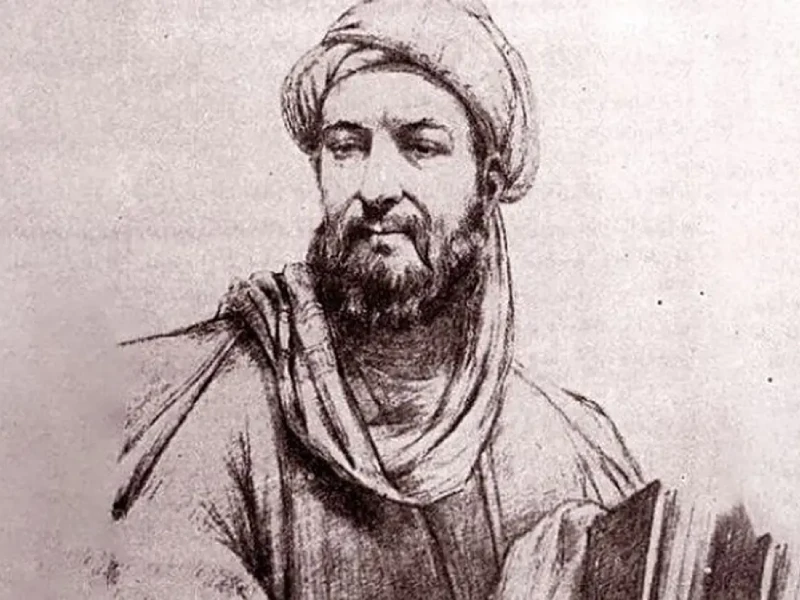
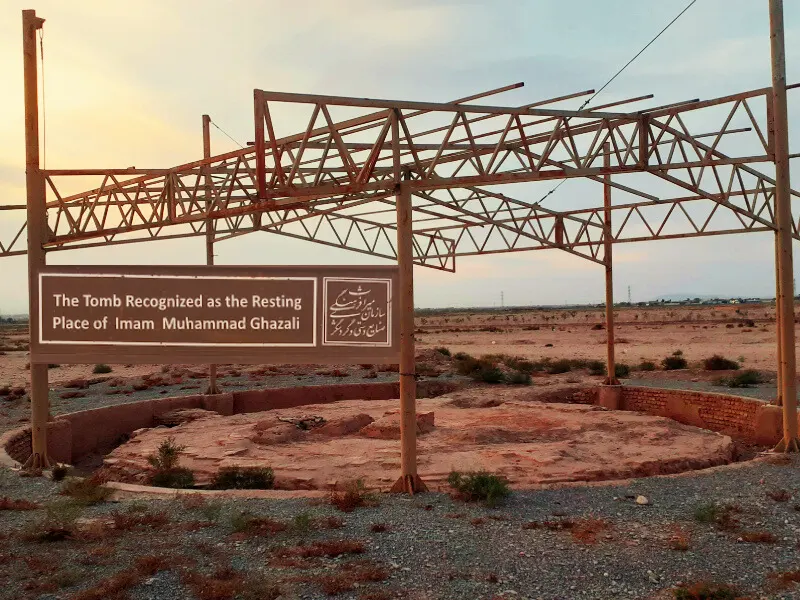
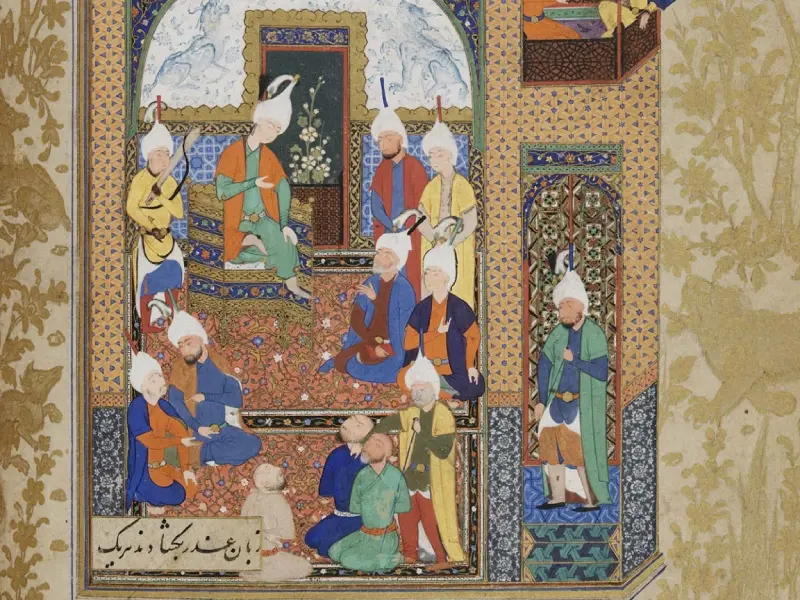
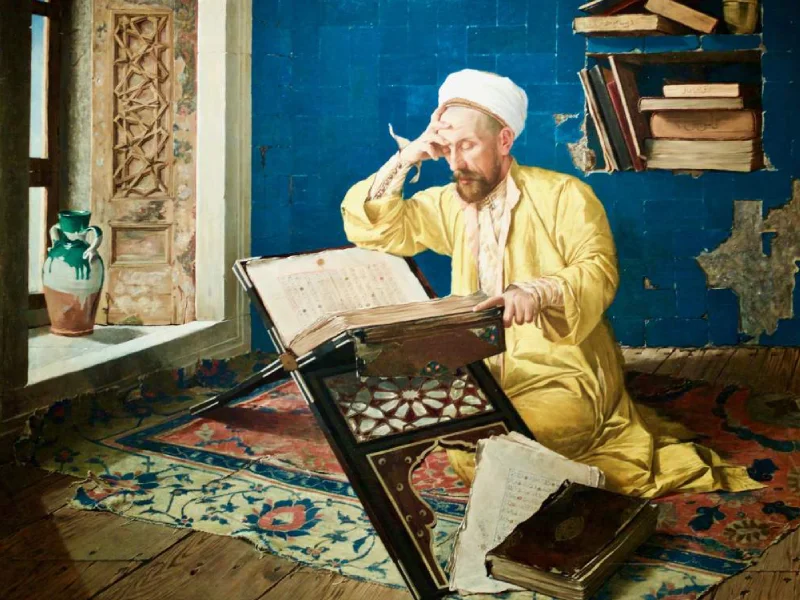

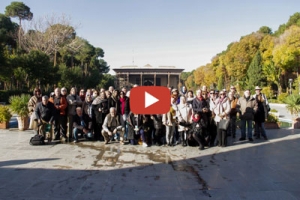


Leave a Reply
Want to join the discussion?Feel free to contribute!